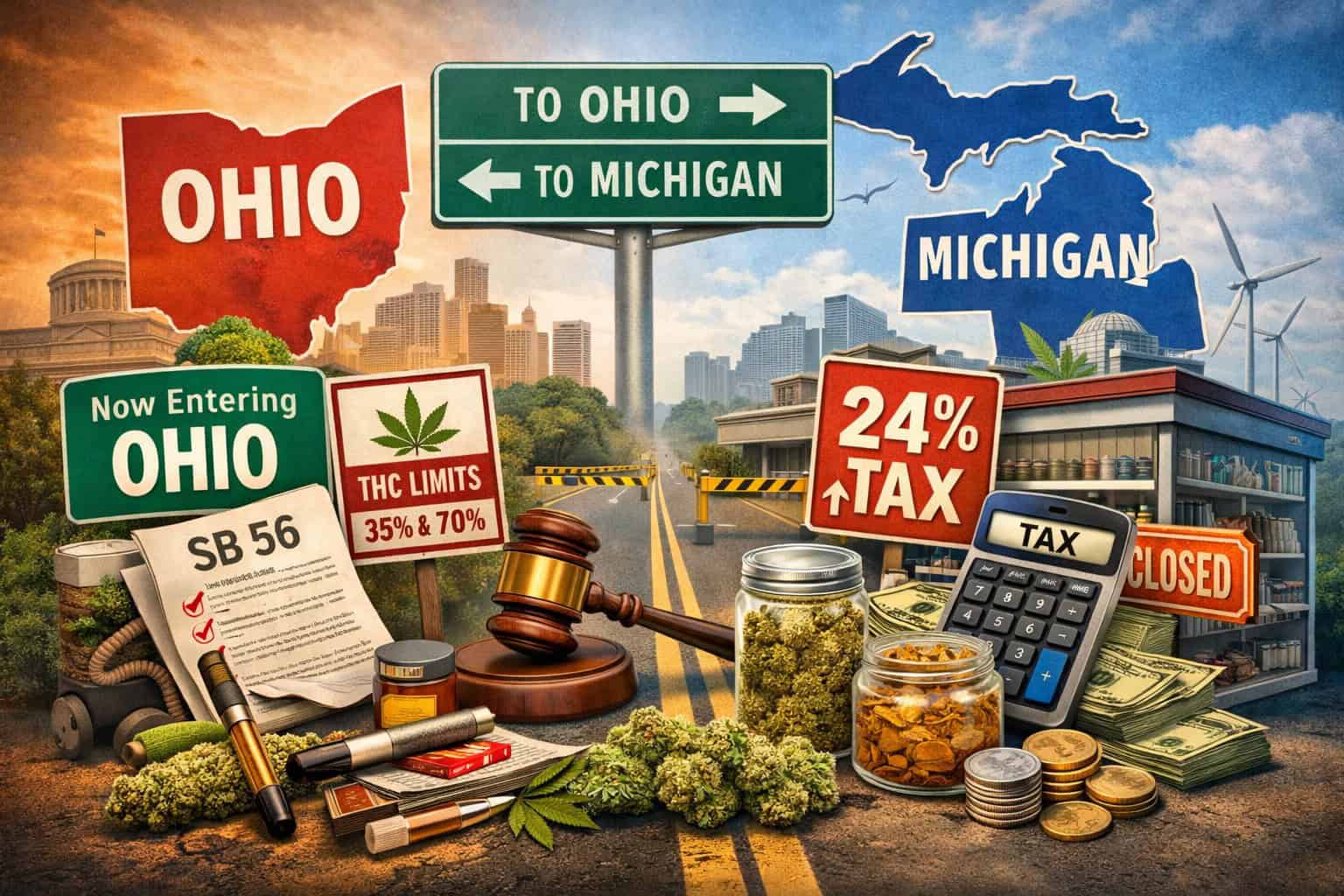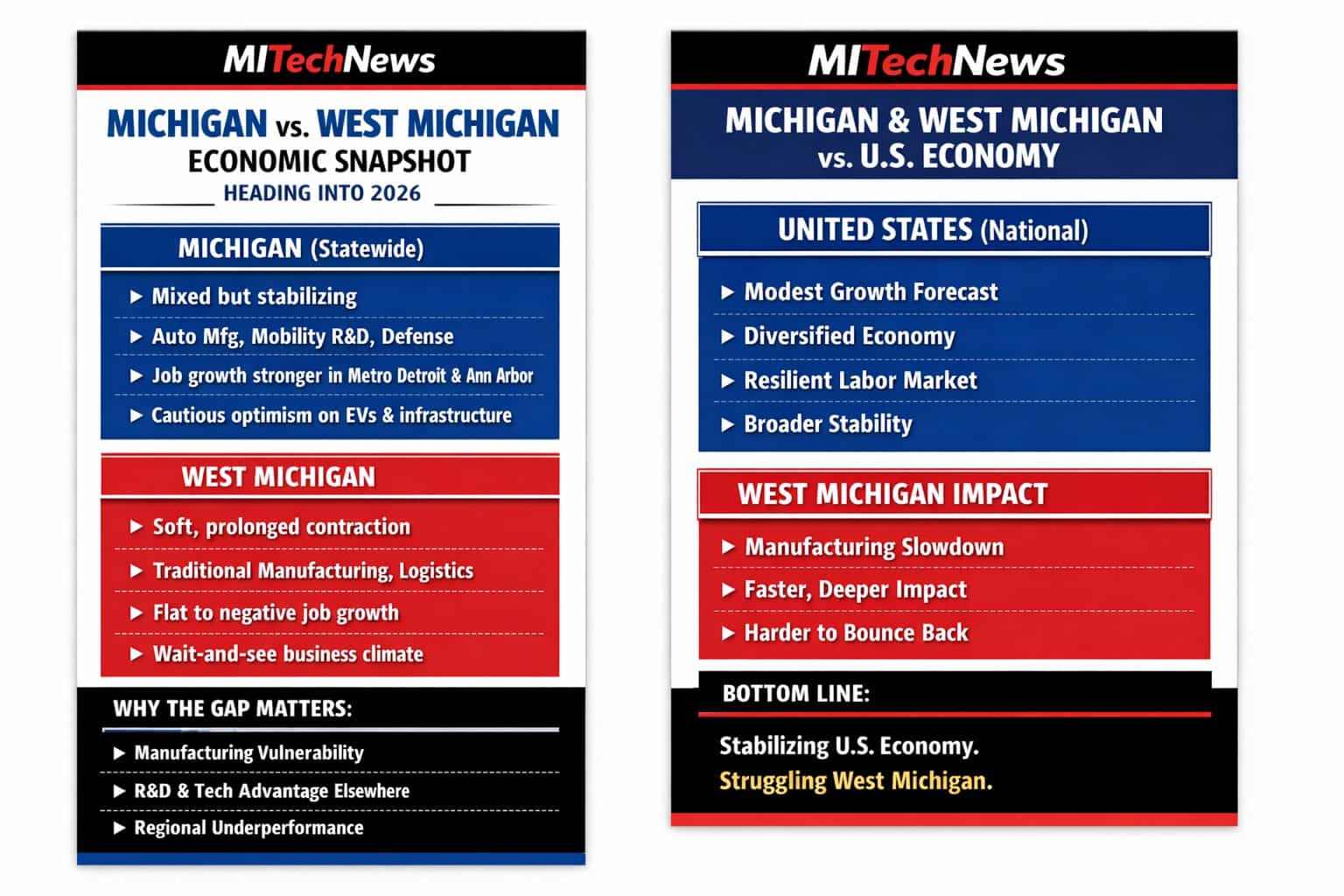ANN ARBOR – Consumers were a bit less optimistic in June due to rising concerns about prospects for the economy, according to the University of Michigan Surveys of Consumers.
While no recession is anticipated, consumers increasingly expect a slower pace of growth in the year ahead, according to U-M economist Richard Curtin, who directs the surveys.
Importantly, the persistent strength in personal finances will keep consumer spending at relatively high levels and support an uninterrupted economic expansion, Curtin said. Although the data are consistent with GDP growth falling slightly below 2.0 percent in 2016, real consumer spending can be expected to rise by 2.5 percent in 2016 and 2.7 percent in 2017.
Conducted by the U-M Institute for Social Research since 1946, the surveys monitor consumer attitudes and expectations. The data are available non-exclusively via Bloomberg.
“Consumer sentiment has remained at high levels and has shown only minor month-to-month variations in the past 18 months,” Curtin said. “This relative stability stands in sharp contrast to the much more volatile path of GDP. Most of the persistent strength can be traced to more favorable personal finances, despite rather small income gains.
“Overall, these favorable assessments represent an accommodation for financial planning purposes, but not an acceptance of the inevitability of such a lackluster outcome. Indeed, when asked to evaluate current economic policies, nearly twice as many consumers in June judged economic policies as poor rather than rating them favorably.”
Consumers voiced the most positive assessments of their finances since late 2000 due to near record references to income increases and the fewest complaints about inflation. Recently improved finances were cited by 49 percent in June, unchanged from May, and the highest level in the last decade. Indeed, expected gains in inflation-adjusted incomes reached their highest level since January 2007 despite the fact that consumers anticipated nominal income gains of just 1.6 percent in June.
Favorable vehicle-buying plans were dominated by low interest rates on credit purchases, especially among higher income and middle age groups, the most likely to purchase new vehicles. Home-selling conditions have benefited from higher home prices but home-buying conditions became slightly less favorable due to those same price gains. Low mortgage rates, however, have dominated both buying and selling conditions, especially among households who have a higher probability of purchase.
The Sentiment Index was 93.5 in the June 2016 survey, below the 94.7 in May, and last June’s 96.1. The Current Conditions Index rose to 110.8 in June, reaching its highest level since the last cyclical peak in January 2007. The Expectations Index fell to 82.4 in June, down from 84.9 in May and 87.8 last June. This modest decline is not unexpected since the expansion has lasted for seven years. The data indicate a slower overall pace of growth in the national economy during the year ahead.







